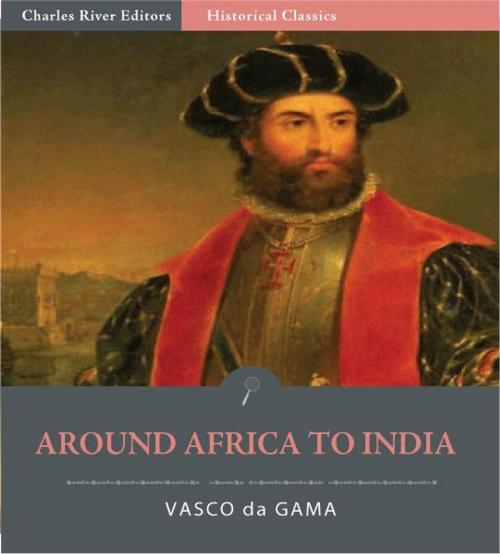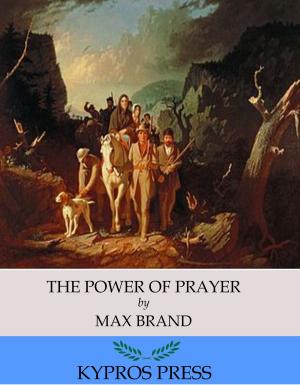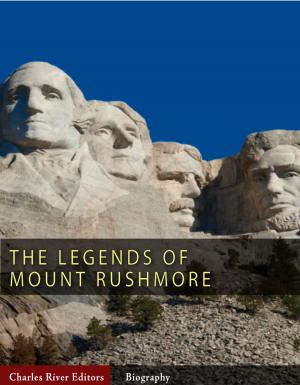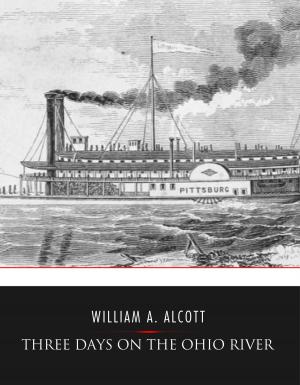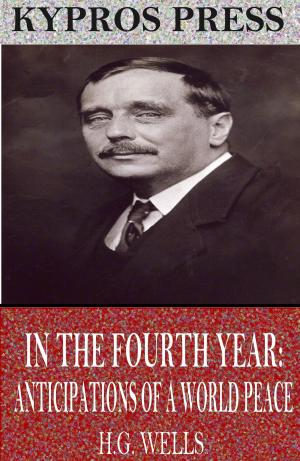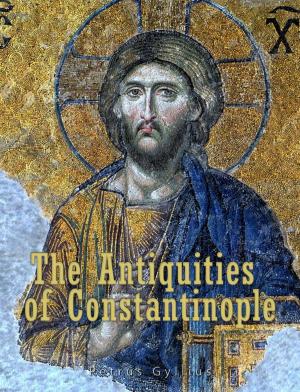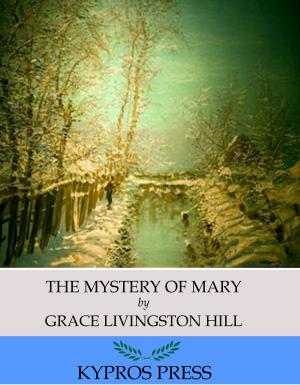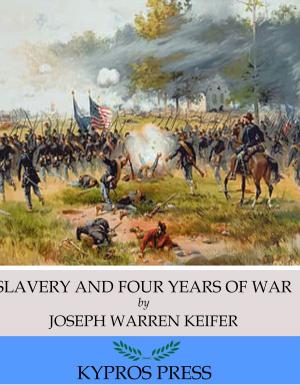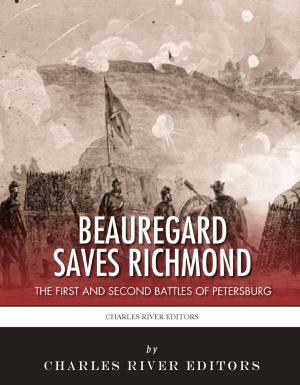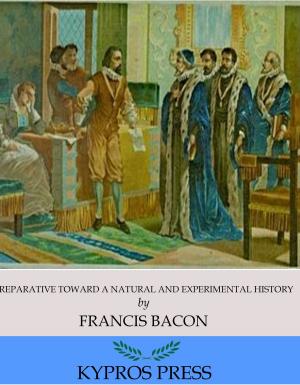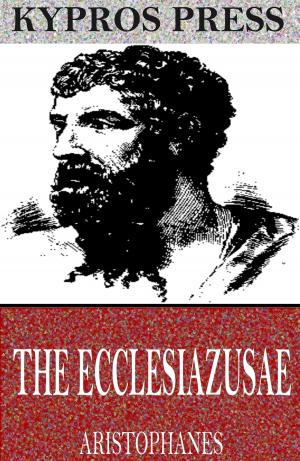| Author: | Vasco da Gama | ISBN: | 9781619828513 |
| Publisher: | Charles River Editors | Publication: | January 23, 2012 |
| Imprint: | Language: | English |
| Author: | Vasco da Gama |
| ISBN: | 9781619828513 |
| Publisher: | Charles River Editors |
| Publication: | January 23, 2012 |
| Imprint: | |
| Language: | English |
In hindsight, Portugal seems like an unlikely instigator of the Age of Exploration. The relatively young nation had only gained its independence in the 12th century, and the Black Plague decimated the Portuguese as it did much of Europe during the second half of the 14th century. But it was situated right on the Atlantic Ocean, which practically required creating fleets. Around 1420, several factors motivated the Portuguese to begin sailing toward Africa, trade and religion primary among them. Encouraged by Henry the Navigator, a prince in the Portuguese kingdom, the Portuguese began sailing to the northwestern coast of Africa with the intent of opening trade routes through the Saharan desert. At the time, the Europeans were not familiar with the lands or peoples south of present-day Western Sahara. It took 20 years before the Portugese began to venture further south down the African coast. Once the Portuguese ventured south of Western Sahara down the African coastline, they began to make steady progress. By 1450, the Portugese had settled several surrounding islands and areas, including the Azores. Vasco da Gama was born about 1460 in Sines, Portugal. Both Prince John and Prince Manuel continued the efforts of Prince Henry to find a sea route to India, and in 1497 Manuel placed Vasco da Gama, who already had some reputation as a warrior and navigator, in charge of four vessels built especially for the expedition. They set sail July 8, 1497, rounded the Cape of Good Hope four months later, and reached Calicut May 20, 1498. The Moors in Calicut instigated the Zamorin of Calicut against him, and he was compelled to return with the bare discovery and the few spices he had bought there at inflated prices (but still he made a 3000% profit!). A force left by a second expedition under Cabral (who discovered Brazil by sailing too far west), left behind some men in a "factory" or trading station, but these were killed by the Moors in revenge for Cabral's attacks on Arab shipping in the Indian Ocean. Vasco da Gama was sent on a mission of vengeance in 1502, he bombarded Calicut (virtually destroying the port), and returned with great spoil. His expedition turned the commerce of Europe from the Mediterranean cities to the Atlantic Coast, and opened up the east to European enterprise. In Around Africa to India, da Gama gives a short account of his historic expedition.
In hindsight, Portugal seems like an unlikely instigator of the Age of Exploration. The relatively young nation had only gained its independence in the 12th century, and the Black Plague decimated the Portuguese as it did much of Europe during the second half of the 14th century. But it was situated right on the Atlantic Ocean, which practically required creating fleets. Around 1420, several factors motivated the Portuguese to begin sailing toward Africa, trade and religion primary among them. Encouraged by Henry the Navigator, a prince in the Portuguese kingdom, the Portuguese began sailing to the northwestern coast of Africa with the intent of opening trade routes through the Saharan desert. At the time, the Europeans were not familiar with the lands or peoples south of present-day Western Sahara. It took 20 years before the Portugese began to venture further south down the African coast. Once the Portuguese ventured south of Western Sahara down the African coastline, they began to make steady progress. By 1450, the Portugese had settled several surrounding islands and areas, including the Azores. Vasco da Gama was born about 1460 in Sines, Portugal. Both Prince John and Prince Manuel continued the efforts of Prince Henry to find a sea route to India, and in 1497 Manuel placed Vasco da Gama, who already had some reputation as a warrior and navigator, in charge of four vessels built especially for the expedition. They set sail July 8, 1497, rounded the Cape of Good Hope four months later, and reached Calicut May 20, 1498. The Moors in Calicut instigated the Zamorin of Calicut against him, and he was compelled to return with the bare discovery and the few spices he had bought there at inflated prices (but still he made a 3000% profit!). A force left by a second expedition under Cabral (who discovered Brazil by sailing too far west), left behind some men in a "factory" or trading station, but these were killed by the Moors in revenge for Cabral's attacks on Arab shipping in the Indian Ocean. Vasco da Gama was sent on a mission of vengeance in 1502, he bombarded Calicut (virtually destroying the port), and returned with great spoil. His expedition turned the commerce of Europe from the Mediterranean cities to the Atlantic Coast, and opened up the east to European enterprise. In Around Africa to India, da Gama gives a short account of his historic expedition.
